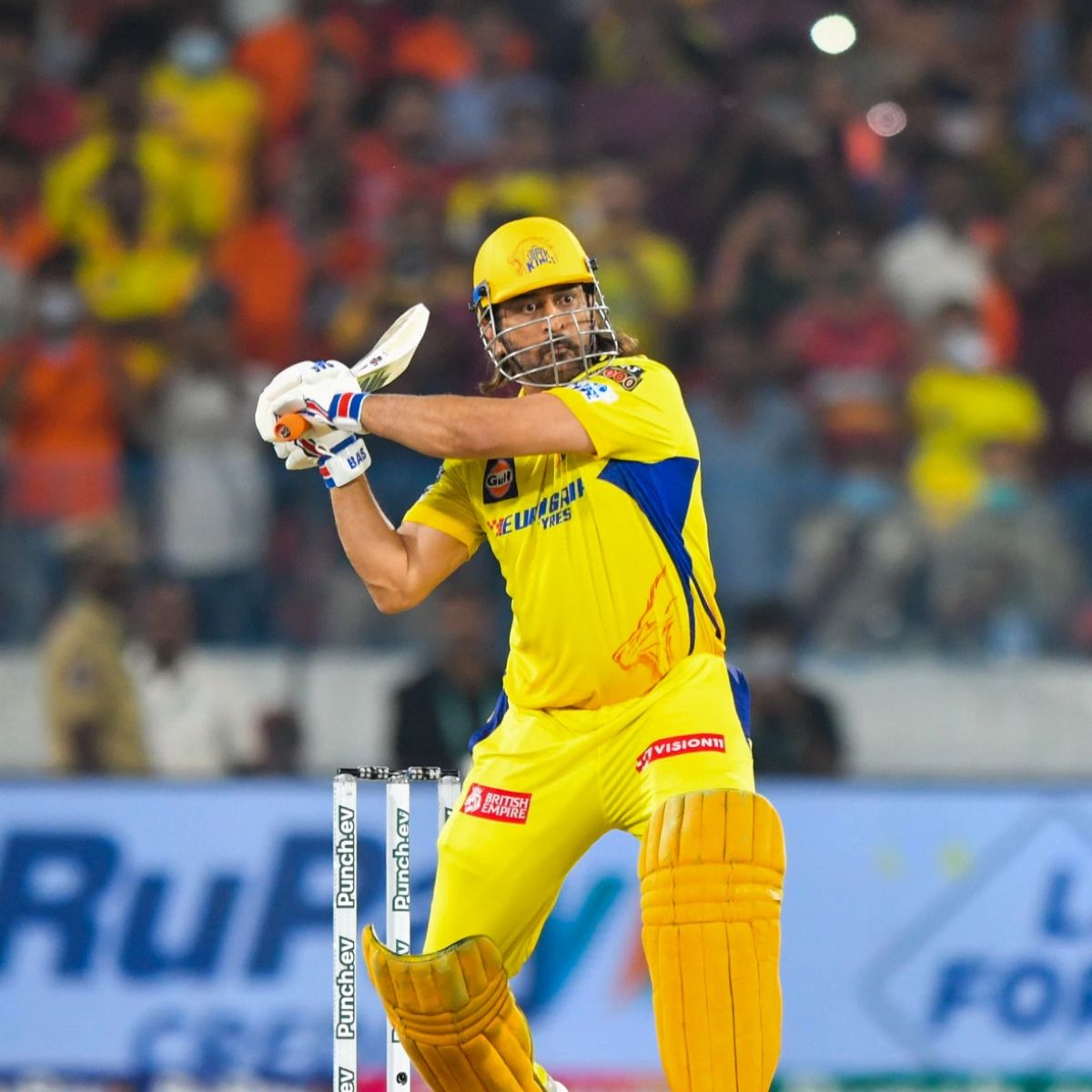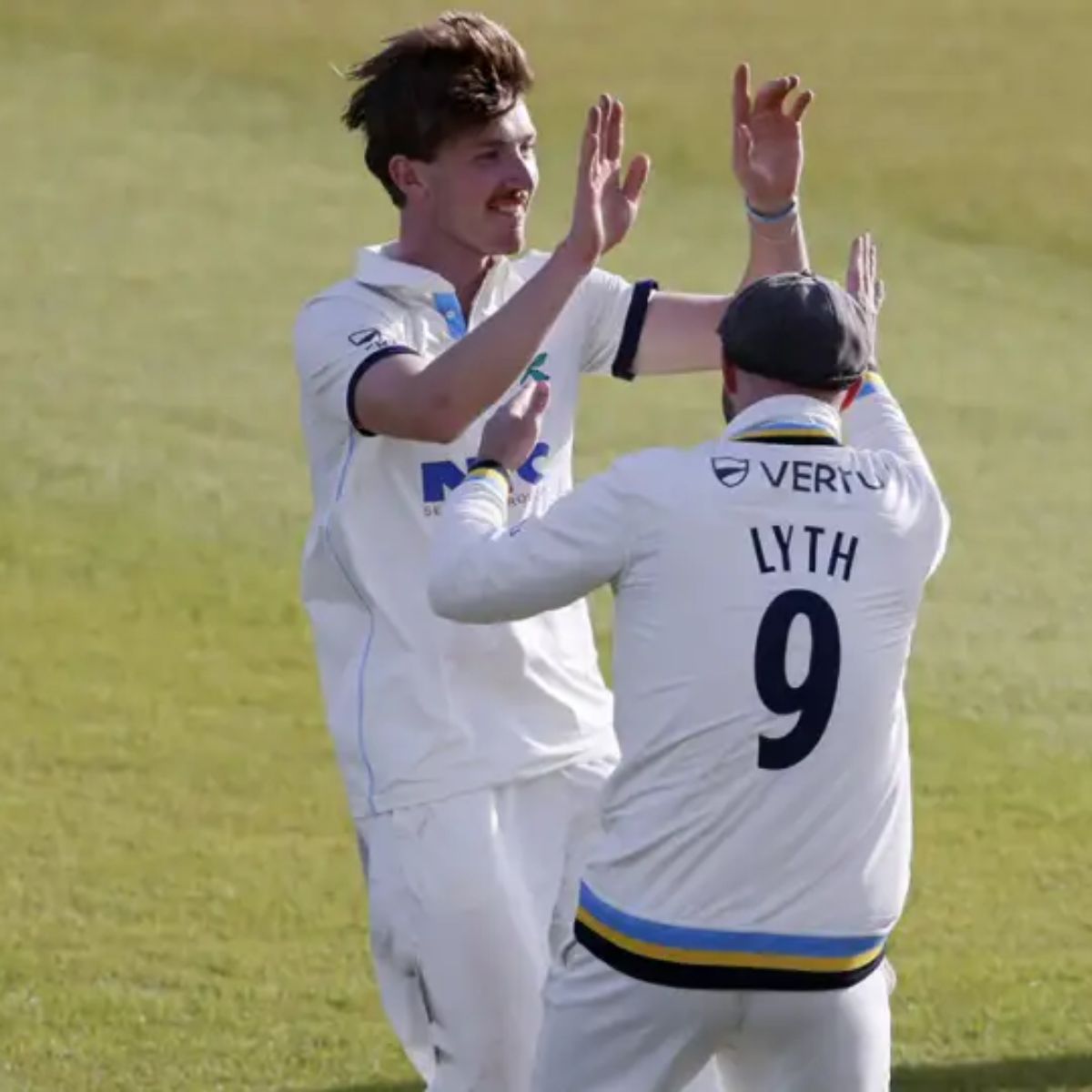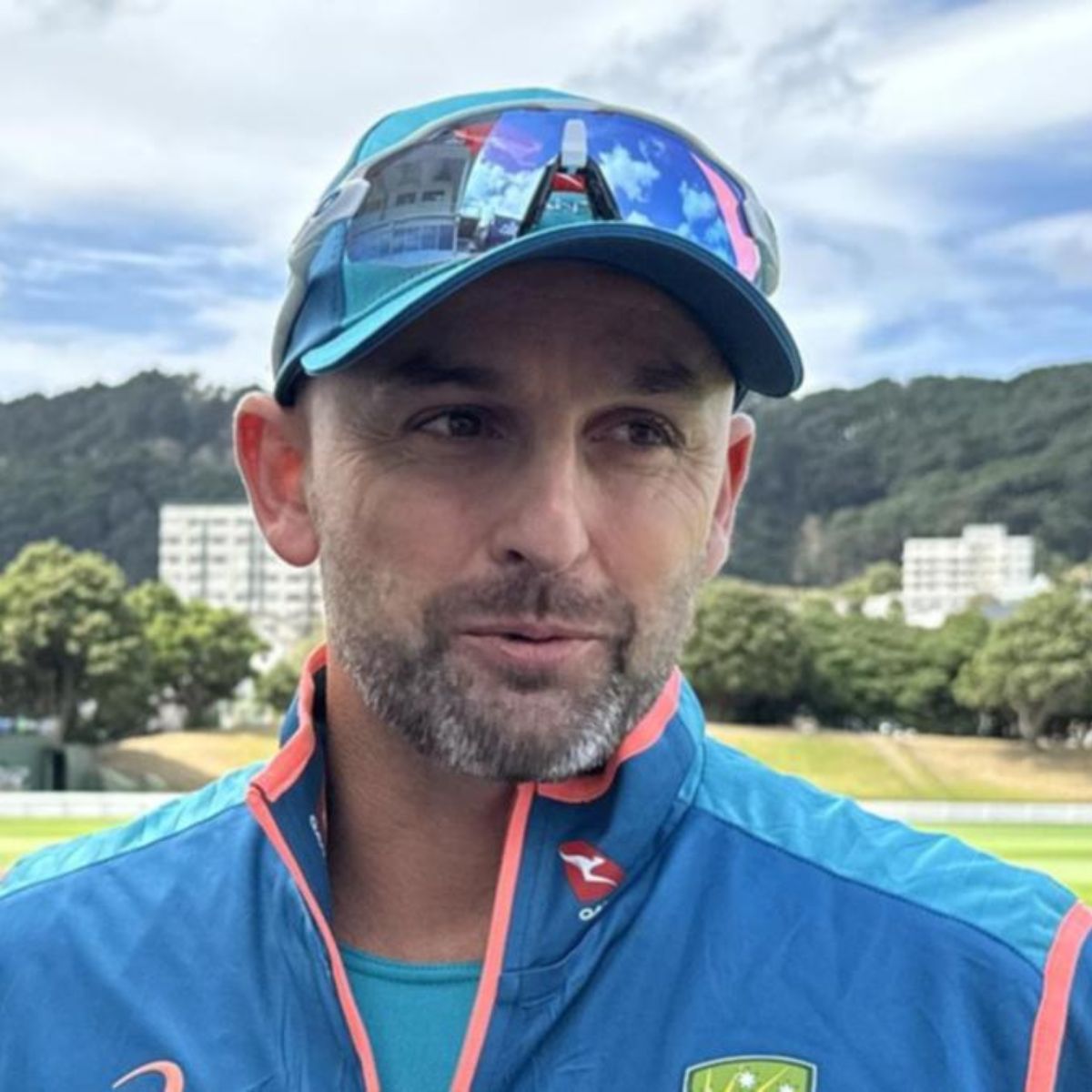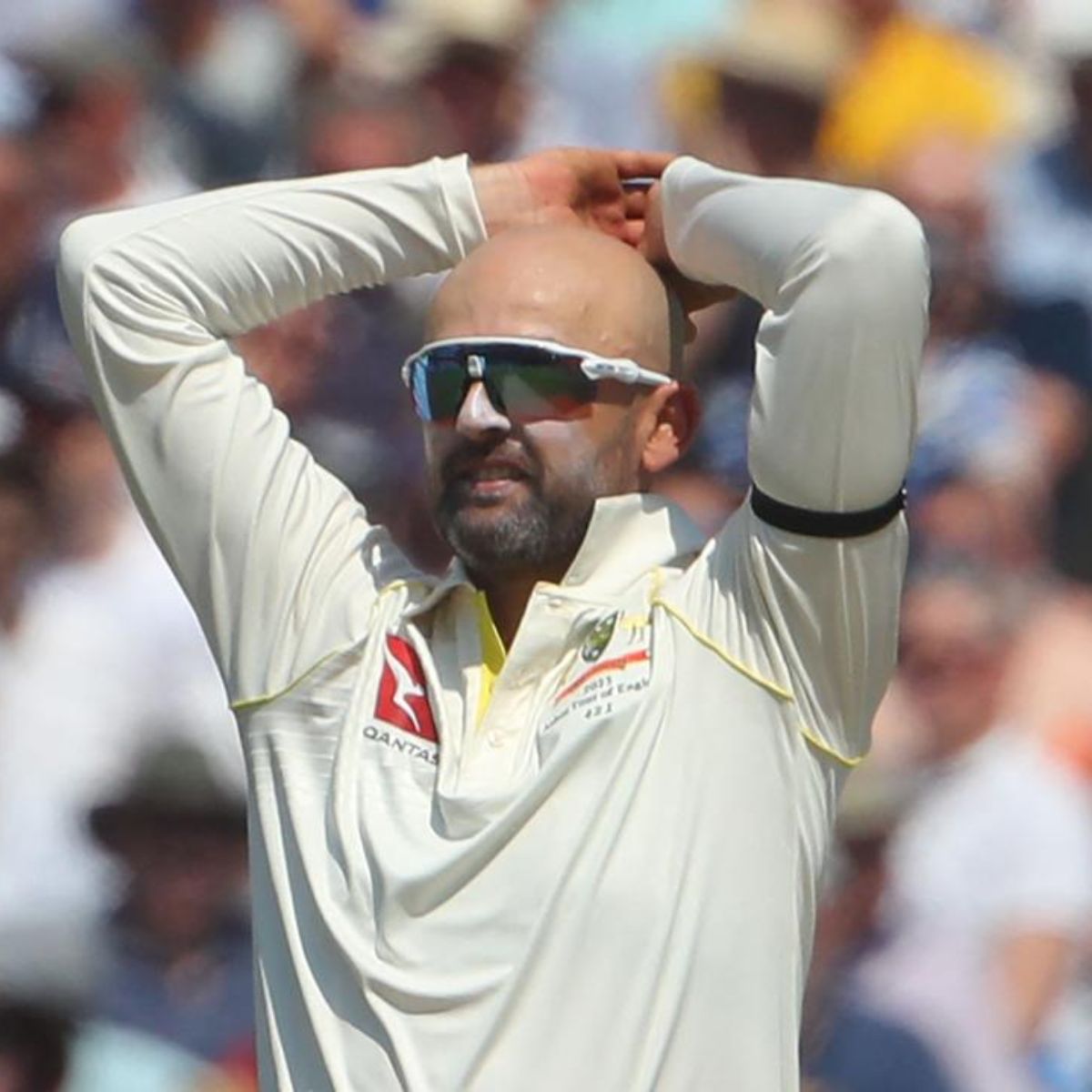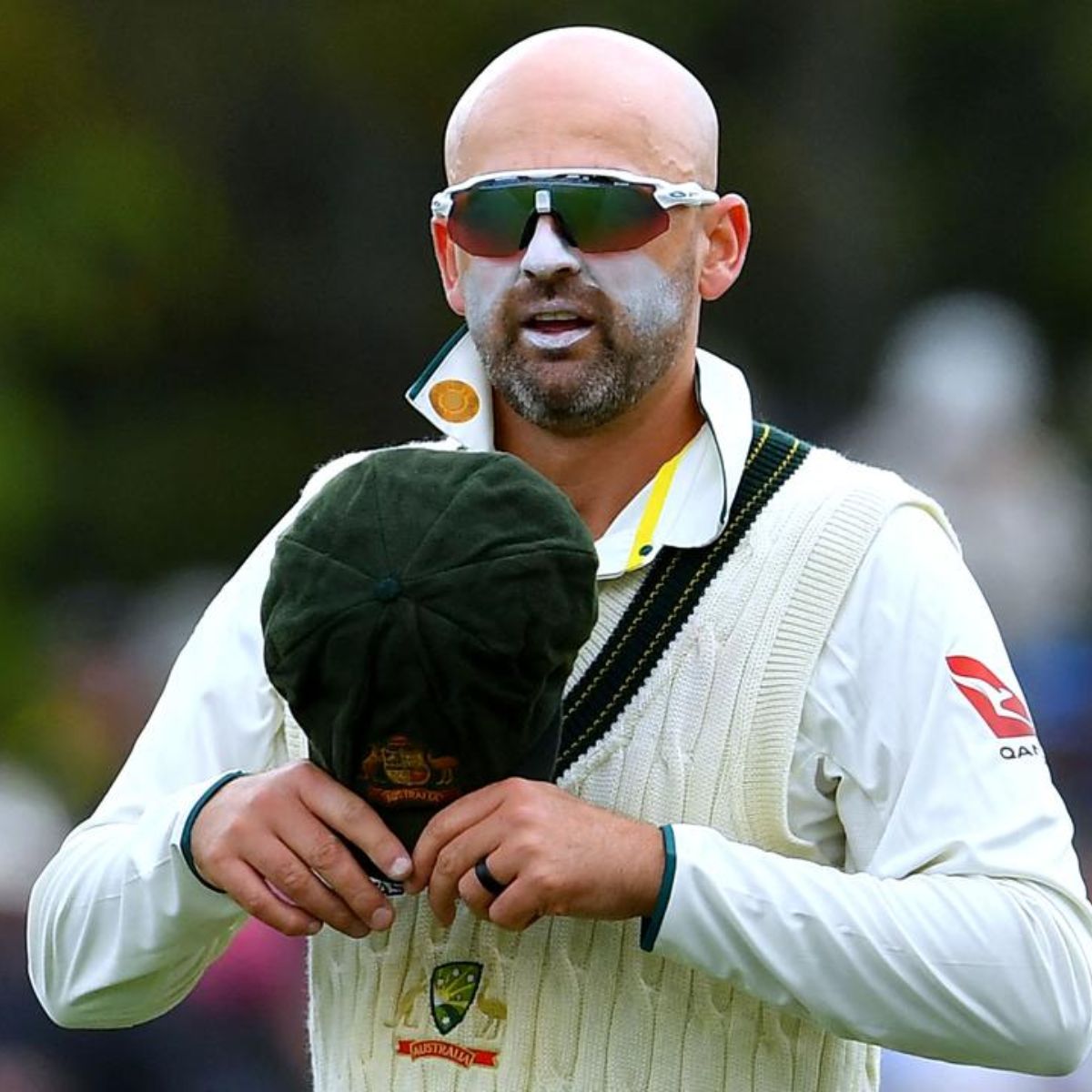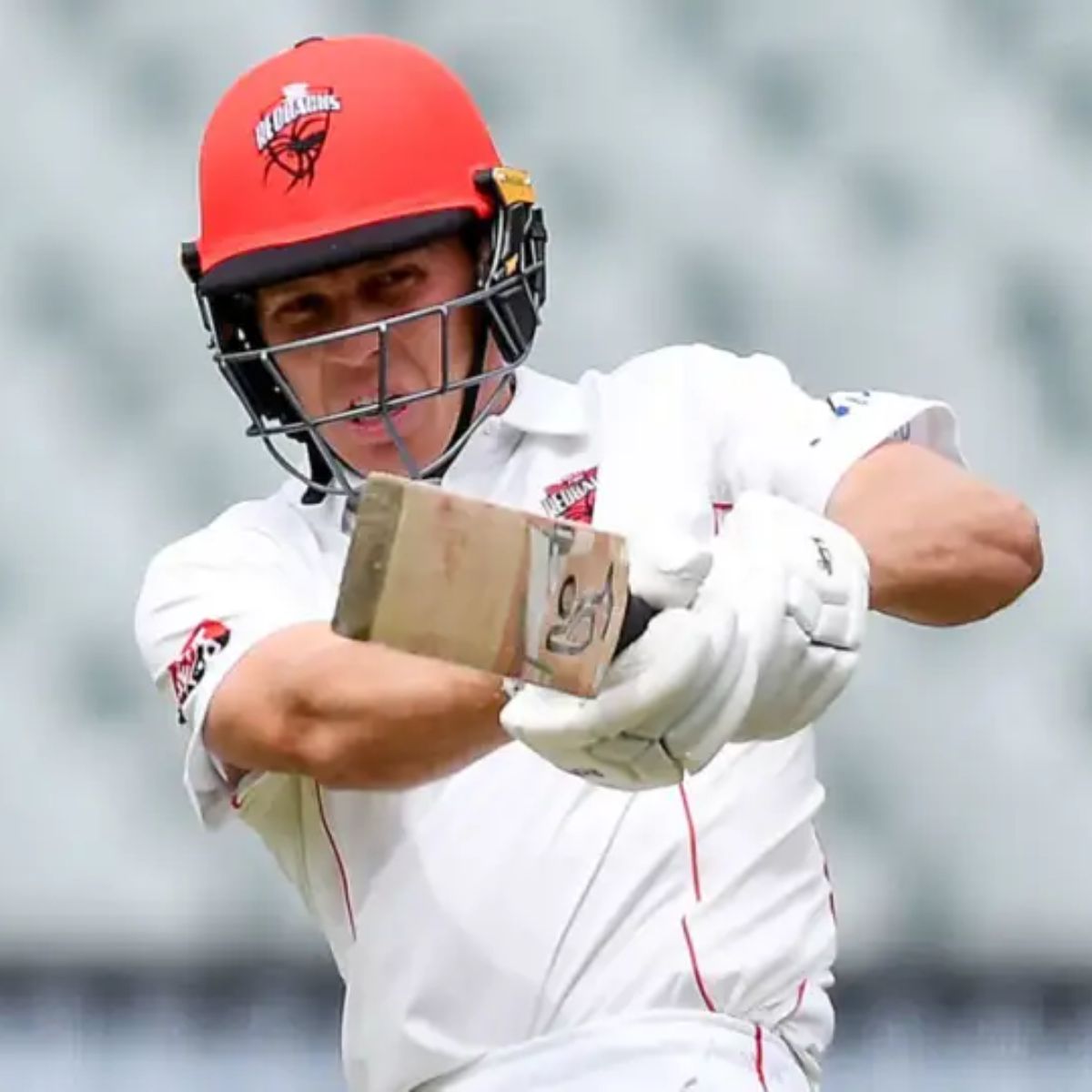In the wee hours of the night on Saturday, ESPN’s Jeff Passan reported that the Cubs had re-signed outfielder/first baseman Cody Bellinger to a three-year, $80 million deal.

The team has yet to officially confirm the signing, but the structure of the contract is one that benefits both Bellinger and the Cubs. As reported by Passan, Bellinger will earn $30 million in his first two years and then $20 million in the third. But what makes this contract a win for both sides is the inclusion of opt-outs after the 2024 and 2025 seasons.
Bellinger had a bounceback season with the Cubs in ‘23, posting a .881 OPS with 26 home runs and 29 doubles. He had not put up an OPS over .800 since 2019, the last three years of his tenure with the Dodgers marred by injuries and poor performance. So much so that they released him after the 2022 season. The Cubs signed him to a one-year, $17.5 million deal for last year, and he rewarded them by putting up numbers similar to what he had done the first three years of his career, when he won both the Rookie of the Year and National League MVP awards.
Coming off of a performance like what he had last season, Bellinger opted for free agency this winter. He and his agent Scott Boras were in the market for a long-term, high dollar deal — projections were around the eight-year, $200 million mark in November — but that kind of contract didn’t materialize. Teams may have hesitated to lock Bellinger down for that long without assurance that he could continue performing to his 2023 numbers. One good season might not have been enough to erase the three bad ones that preceded it.
The benefit to Bellinger of the opt outs is that he has two seasons to prove that he can keep hitting like he did last year. With another solid season in 2024, he could test free agency again in the winter. Bellinger is still just 28 years old, so his best shot at a contract longer than three years might come in the next offseason. If he waits another year and opts out after 2025, Bellinger will be approaching his age-30 season, and teams have shown a hesitancy to ink players to long-term contracts after their 30th birthday.
As a part of a growing trend across baseball, players under 30 are seeing more playing time in general:
What's going with free agency?
From @bourisg (a former MLBPA exec):
"It's too bad but it is a reflection of the current system. Unfortunately, the 0-to-3 class of players (pre-arbitration) have become more valuable than the other two classes: arbitration-eligible players and…— Travis Sawchik (@Travis_Sawchik) February 25, 2024
This makes it tougher for players in Bellinger’s situation to lock something down long-term if they haven’t already done so as their arbitration years come to an end. Having the choice to opt out after the 2024 season is all the more valuable for Bellinger because it gives him a chance to find the kind of contract he was looking for at the start of this offseason.
The structure of Bellinger’s contract benefits the Cubs, as well. Without him on the roster, their projections for 2024 aren’t good. Baseball Prospectus’ PECOTA projection calls for about a .500 season. Last year, Bellinger was worth about 4 wins above replacement, according to Fangraphs. Having him on the roster will bump the Cubs’ win total up by a few wins, at least on paper. The NL Central is projected to be a tight division, and the difference of a few wins could easily be enough to make the Cubs contenders for the division title.
There are also long-term benefits to having Bellinger in Chicago, even if just a year. The Cubs have a farm system with several players close to being ready for roles with the big league club. Bellinger’s presence may allow further development for some of them. Pete Crow-Armstrong, for instance, is likely the center fielder of the future. His defense is already major league caliber, but in 19 plate appearances late in the 2023 season, he did not register a hit. This is far too small a sample size to make any judgments about his offense, but having more time in Triple-A Iowa should help Crow-Armstrong grow at the plate. There’s also Michael Busch, who the Cubs acquired in January from the Dodgers. The Cubs front office and manager Craig Counsell all expect Busch to be their first baseman — at least, that’s what they were saying several weeks ago — but, like Crow-Armstrong, Busch has limited major league experience.
In short, having Bellinger now gives the Cubs a much better chance to earn a playoff spot while also being able to invest more time in the development of players who can help keep them in contention beyond the 2024 season.
Bellinger’s contract, structured by a shorter number of years, a higher AAV, and opt-outs, is a part of a growing shift in the kinds of deals players are getting in Major League Baseball. And in this case, it’s a beneficial structure for both the player and the ballclub.
